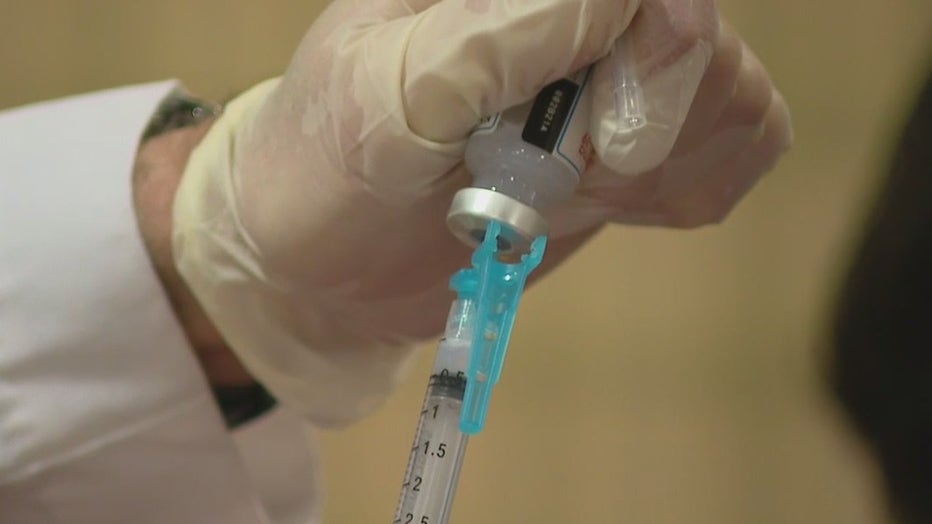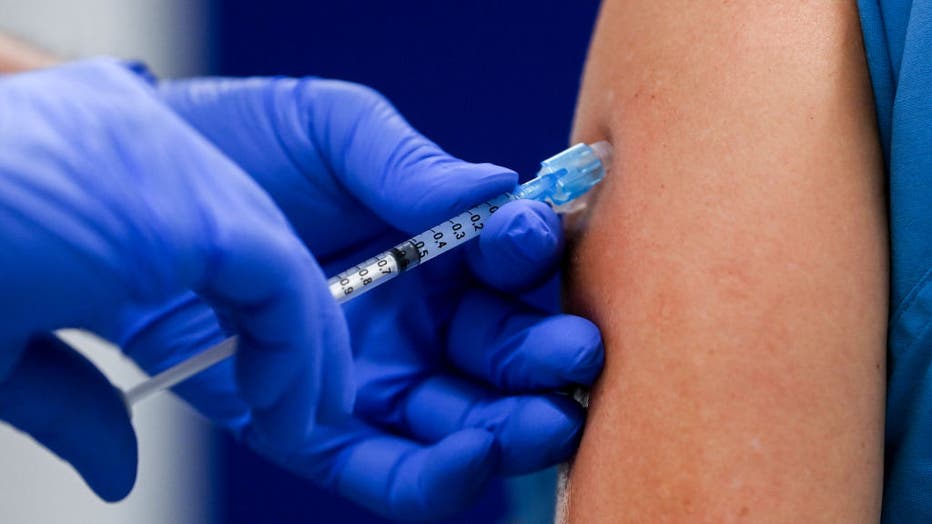Heart problems linked to vaccine
It’s unclear if the condition, myocarditis, is even linked to the vaccine, but federal health officials are working to determine if it’s just a coincidence that people developed it around the same time as vaccination or if the vaccine did, in fact, play a role.
MILWAUKEE – There are new reports of young people developing heart problems shortly after receiving the COVID-19 vaccine. Federal health officials are launching an investigation into a possible link between the two.
It’s unclear if this condition, called myocarditis, is even linked to the vaccine. Federal health officials are working to determine if it’s just a coincidence that people developed it around the same time as vaccination or if the vaccine did, in fact, play a role.
The CDC is investigating a small number of young adults and adolescents who experienced myocarditis, or inflammation of the heart, after receiving their COVID-19 vaccine.
“It does worry me a little bit but not enough to where I feel like I need to put everything on hold until I figure that out,” said Alana Kerr of Milwaukee.

Kerr and Kelsii Kyto, both 22, are in the process of getting their shots.
“I’m already halfway done,” said Kyto. “I’m still going to get the other one. I’m not super worried.”
According to federal health officials, most of the cases reported appear to be mild and typically show up four days after the second dose.
FREE DOWNLOAD: Get breaking news alerts in the FOX6 News app for iOS or Android
“The first step of investigating this is really figuring out how many cases of this there are and comparing that with previous years. And if we find out there are more cases this year than previous years, then we have to investigate each individual case,” said Dr. Joseph McBride, University of Wisconsin.
McBride, an assistant professor of adult and pediatric infectious disease at the University of Wisconsin, said common symptoms of myocarditis are chest pain, shortness of breath and irregular heartbeat. He said the diagnosis has been around for decades, often caused by infections from viruses like influenza as well as COVID-19.

(Photo by Hendrik Schmidt/picture alliance via Getty Images)
“When we look at people who were infected with COVID, anywhere between 10% and 20% have heart inflammation,” he said.
Mcbride said the ongoing investigation should not deter young people from seeking out the vaccine.
“I don’t think that the risks of myocarditis are any higher to those receiving the vaccine at this point than what the general population would experience,” he said.
During any given year, there are 1.5 million cases of myocarditis reported in the U.S. Meanwhile, more than 160 million Americans have received the COVID-19 vaccine. Anyone with concerns should talk to their doctor.